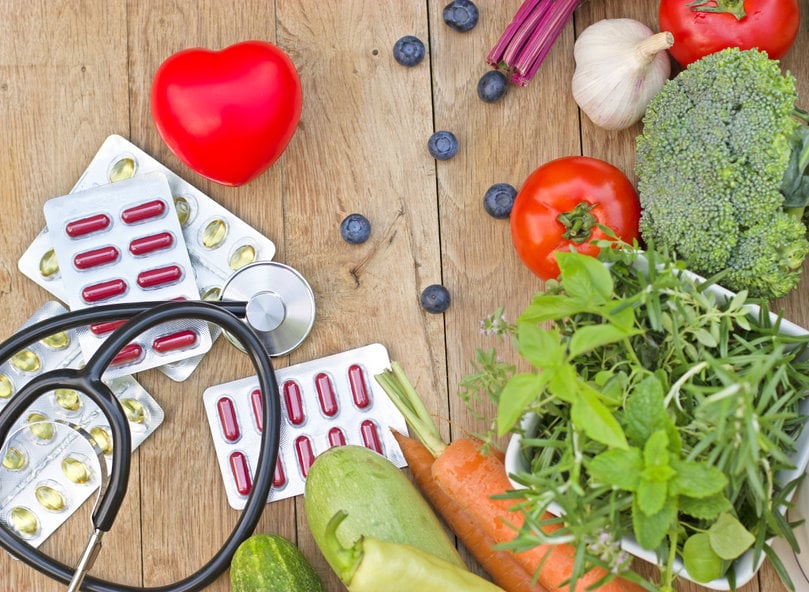Everything You Need To Know About Vitamin B12
The B vitamins are all water-soluble, and each plays an important role in healthy metabolic and physiologic functions. There are eight members of the B vitamin group, and all are interrelated. Because the body doesn’t store up reserves of B vitamins, people should make sure to get plenty from natural sources or take a daily supplement.

Which are the B vitamins?
Each B vitamin has a number and a name. Each has specific functions, but, in combination, B vitamins work to keep the metabolism working normally. B vitamins include:
- Vitamin B1: Thiamin
- Vitamin B2: Riboflavin
- Vitamin B3: Niacin
- Vitamin B5: Pantothenic Acid
- Vitamin B6: Pyridoxine
- Vitamin B7: Biotin
- Vitamin B9: Folic Acid or Folate
- Vitamin B12: Cobalamin
Natural sources of B vitamins include fish, shellfish, eggs, poultry, and liver. Plant sources of B vitamins are whole grains, potatoes, lentils, beans, and green leafy vegetables.
Boosting energy levels with vitamin B12
Vitamin B12, or cobalamin, is essential for good health. B12 helps increase energy because, along with other vitamins, this nutrient helps the body to convert food into glucose. B12 also helps to keep the blood cells and nerves healthy and helps to make DNA.
Vitamin B12 deficiency can cause some health problems. Symptoms of a deficiency may include difficulty walking, anemia, fatigue, and numbness and tingling in the hands and feet. Patients should consult with a healthcare provider over whether a B12 supplement may be the right treatment.
Putting B12 on the menu
Sources of B12 are typically from animals. B12 rich foods include eggs, milk, beef, sardines, liver, and fortified cereals. Vitamin B12 can also be taken as an individual supplement or as part of a vitamin B complex supplement.
How a B12 charge can get low
The most common reason why people get a vitamin B12 deficiency is from not eating the right foods. Additionally, people who have gastrointestinal problems such as irritable bowel syndrome (IBS) and Crohn’s disease may have difficulty absorbing vitamin B12. Some medications can also deplete vitamin B12 levels. Small intestinal bacterial overgrowth (SIBO) is a condition which causes gut bacteria from the colon to build up in other parts of the gut, leading to constipation, acid reflux, diarrhea, and bloating. Another side effect of SIBO is vitamin B12 deficiency.
Keeping up with the Bs
The best way for people to get the right amount of B vitamins is to take a daily supplement. For optimal intake people should choose a B-complex supplement. The supplement should contain at least 100% of the RDA for each vitamin. Patients can ask a physician or pharmacist about taking vitamin B supplements.
RECENT
ARTICLES



Our Patients Say
We pride ourselves on providing exceptional customer service to our community. Here are a few things that the community is saying about us.
Convenient and quality service. Ive never had my prescriptions filled quicker and the pharmacist took the time to tell me about what I was taking.
Excellent experience! Friendly, knowledgeable staff!
I have been a customer since they opened. Julie and Hiten have both treated me with the utmost respect and have always been ready to take care if my needs with a smile




